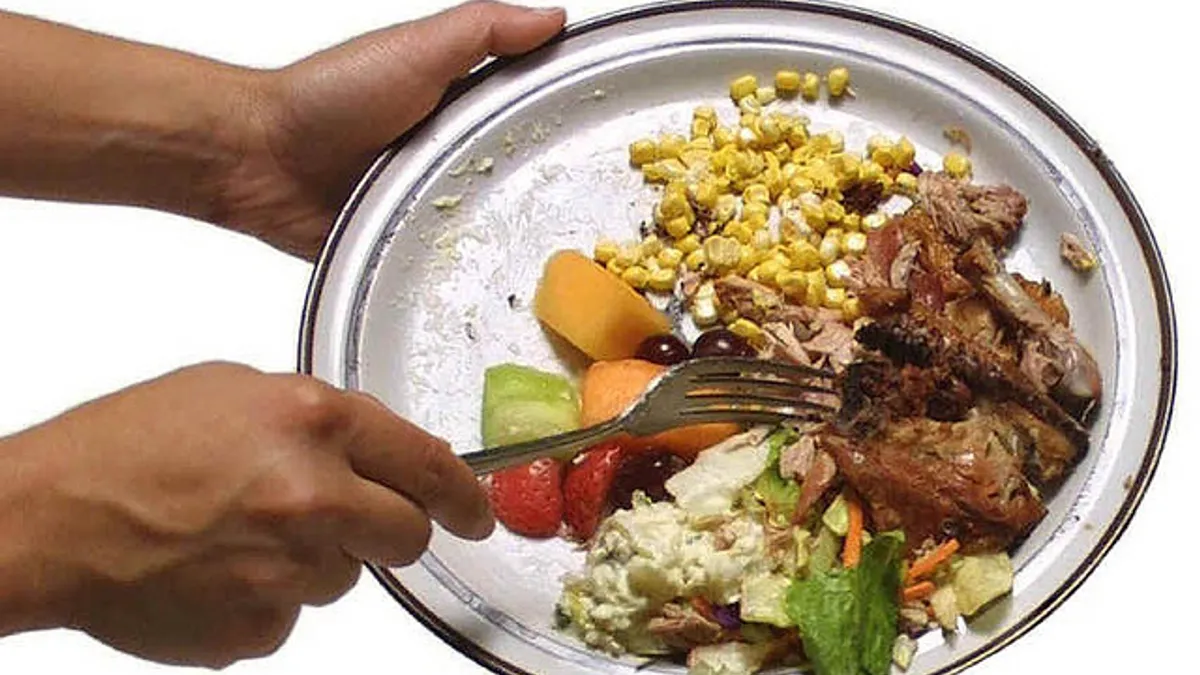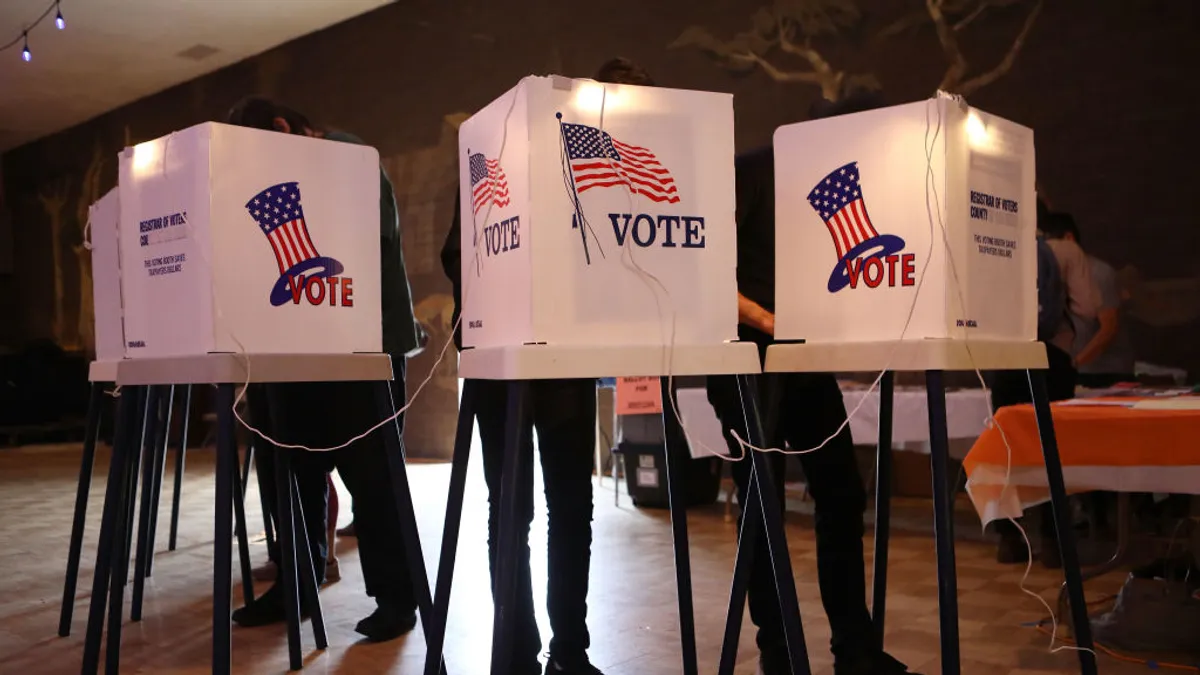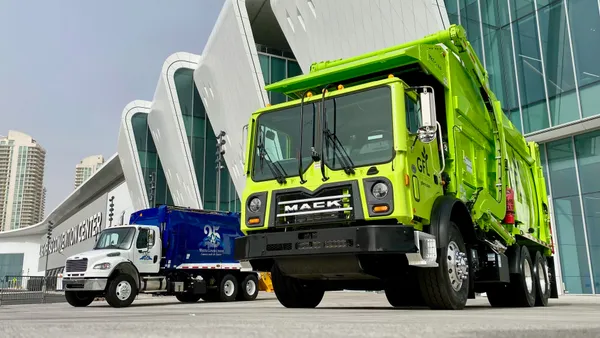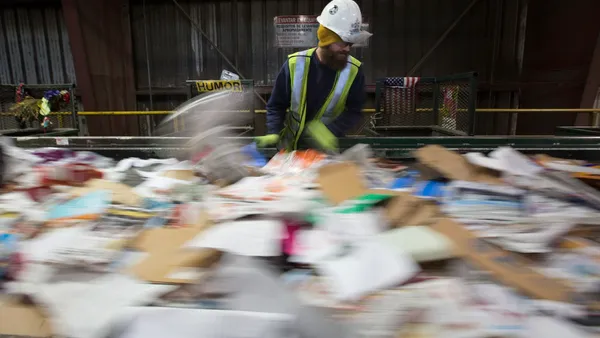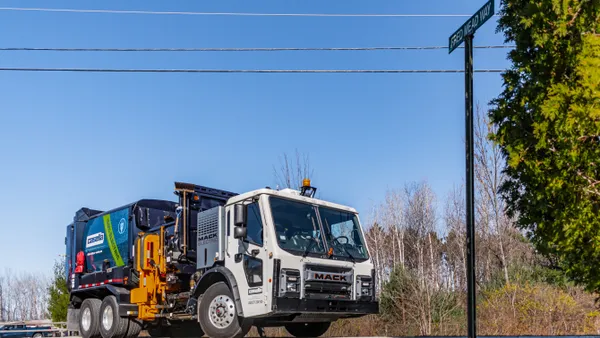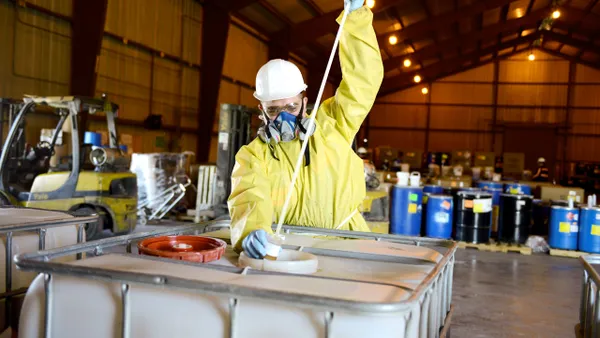Dive Brief:
- Officials in Connecticut have granted the first permit for a new anaerobic digestion facility to be built in Bridgeport. The permit comes four years after the state passed a law requiring commercial operations that generate two tons of food waste each week, such as supermarkets, to separate and recycle the waste. However, the rule only applies if the entities are located within 20 miles of a recycling facility.
- This fall, the Department of Energy and Environmental Protection will determine if other businesses, such as banquet halls and conference centers, will also need to comply to the law. By 2020, businesses that produce one ton of food waste weekly will be required to recycle the waste.
- In 2012, Connecticut offered $6 million in loans to help developers attract investments to build digesters. Now, the planned Bridgeport Bioenergy Facility is just one of four proposed plants in Connecticut. Three other digester facilities — two in Southington and one in North Haven — are in various stages of permitting.
Dive Insight:
From New York to California, many companies have recently announced plans to build and operate anaerobic digestion facilities. The plans are in response to an industry-wide movement to combat food waste, which has been a trending focus for municipalities and waste management companies alike. Each year in Connecticut, 13.5% of the entire waste stream — or 322,000 tons of waste — is comprised of food that has been thrown away, according to a 2010 DEEP study.
In addition to targeting commercial operations, Connecticut is also encouraging residents to participate in proper disposal of food waste. The Associated Press reported that the Housatonic Resources Recovery Authority (HRRA) has extended a one-year curbside food waste recycling program in Bridgewater.
"We citizens need to recycle and the food waste is a huge waste and it makes a difference," said Lisa Oriard, a citizen of West Hartford who pays a private food scrap pick-up service in return for compost. "It's just like recycling papers and cardboard, but even better because they turn it into dirt."



